15 Reasons Chickens Might Not Be The Ideal Pet For Everyone
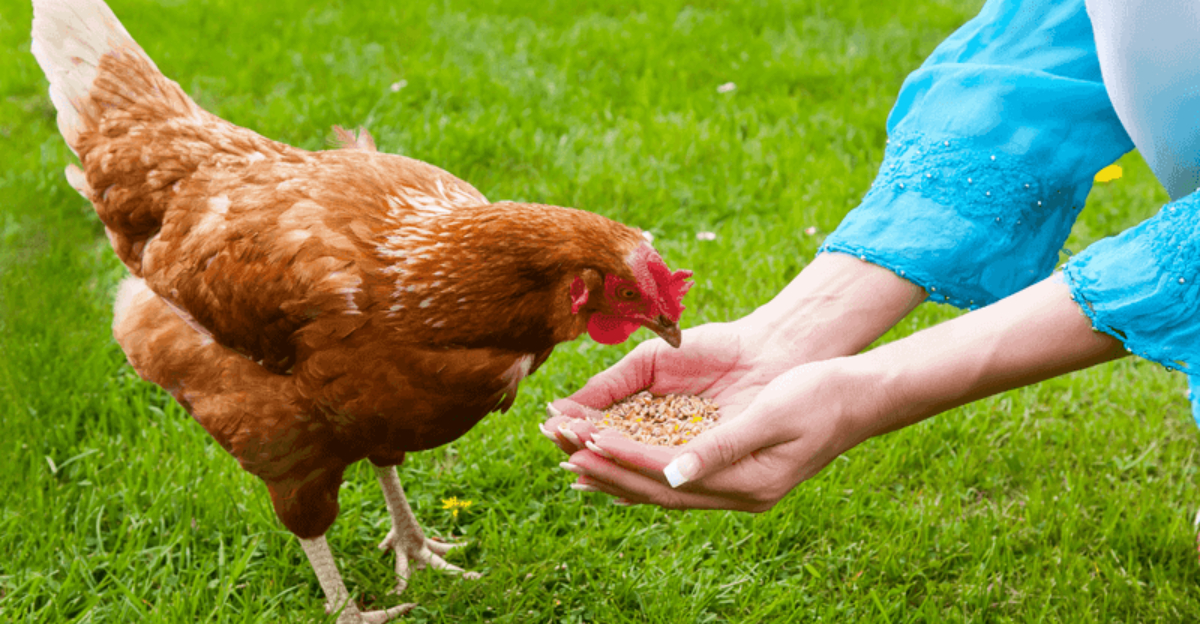
Ever dreamed of having feathered friends clucking around your backyard? While chickens have become trendy pets in recent years, these farmyard favorites aren’t necessarily a perfect match for every household.
Before you rush out to build a coop, it’s worth considering some practical realities that come with chicken ownership. Here’s why these birds might ruffle your feathers more than you expect!
1. Noise Complaints From Neighbors
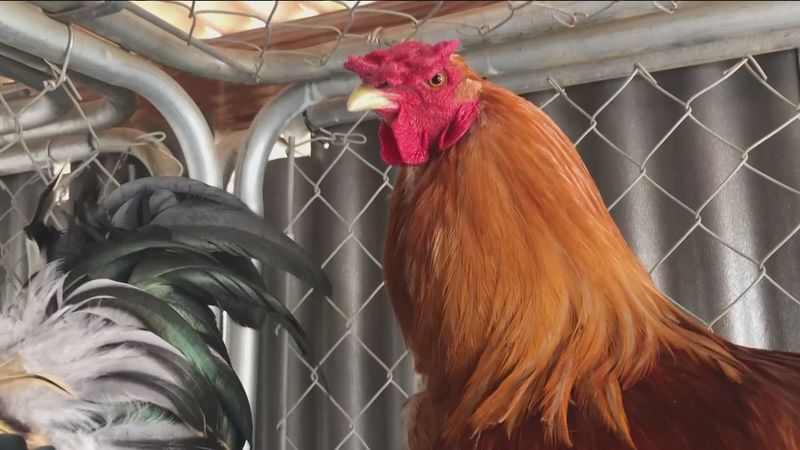
Roosters crow at dawn – and noon, and 3 PM, and basically whenever they feel like it. Even hens aren’t silent, often announcing successful egg-laying with proud, loud squawks.
Urban chicken keepers frequently face neighbor complaints about the racket. Some cities have noise ordinances specifically targeting backyard poultry.
2. Smelly Business
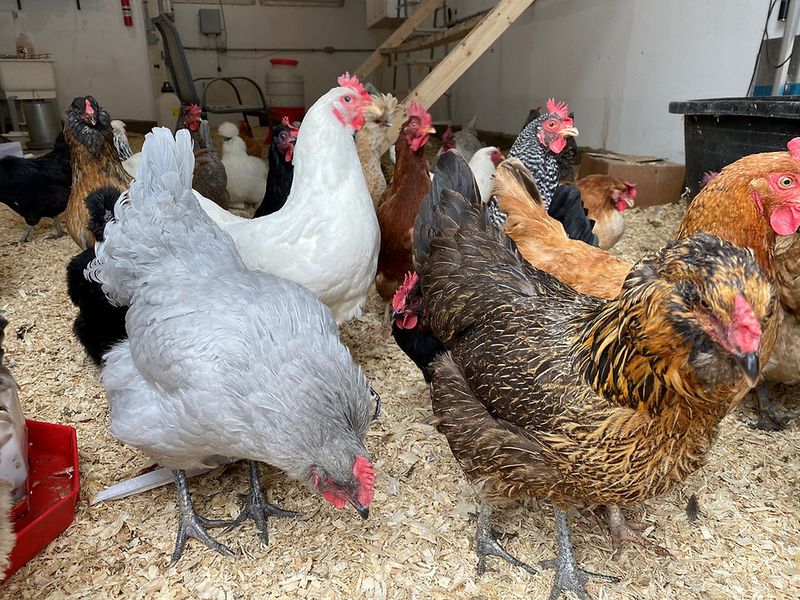
Imagine a small space where animals eat, sleep, and poop all day long. That’s your chicken coop! Their droppings have a distinctive, pungent aroma that can travel surprisingly far.
Regular cleaning helps, but never completely eliminates the farm-fresh fragrance wafting across your property, especially during hot summer months.
3. Destructive Garden Habits
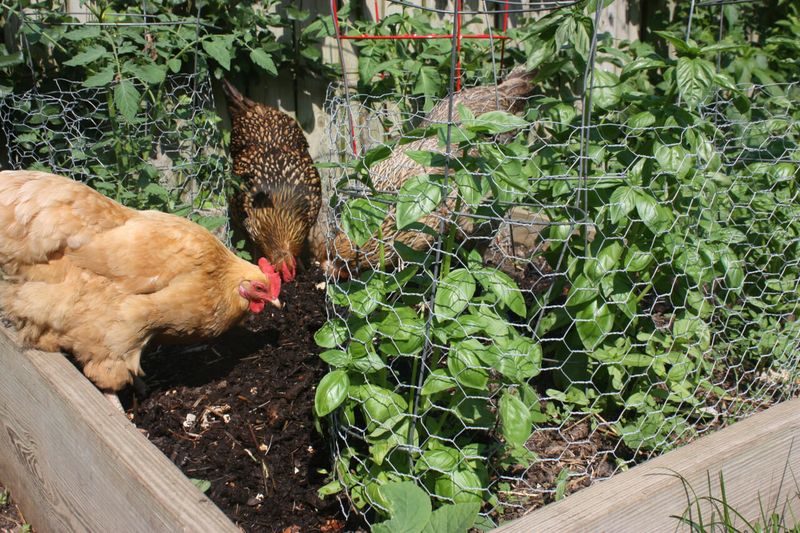
Free-ranging chickens transform manicured gardens into dust bath playgrounds within hours. Those beautiful flowers you planted? Perfect for scratching up and pecking apart!
Their natural foraging behavior means they’ll enthusiastically dig up seedlings, destroy vegetable beds, and redecorate your landscape according to chicken preferences.
4. Predator Attraction
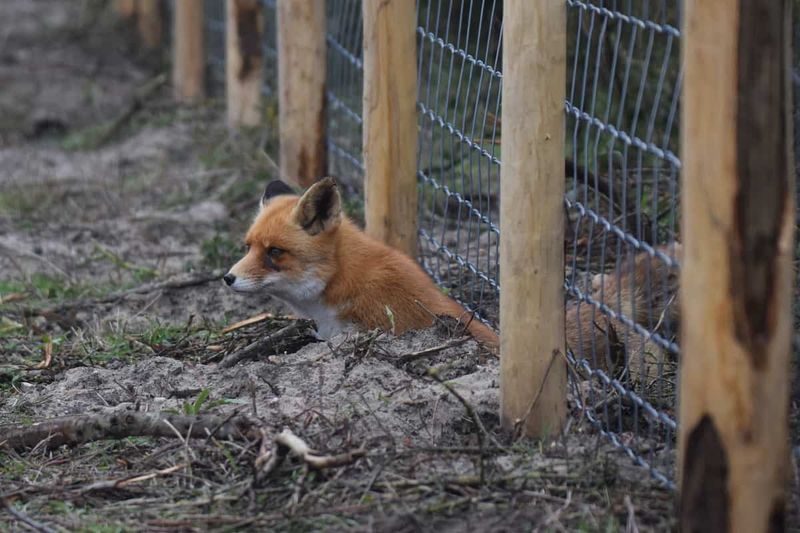
Chickens might as well wear signs saying “Free Buffet Here!” to local wildlife. Foxes, raccoons, hawks, and even neighborhood dogs view your feathered friends as tasty treats.
Protecting them requires serious predator-proofing measures. Many chicken owners have experienced the heartbreak of coming outside to discover their flock decimated overnight.
5. Vacation Complications
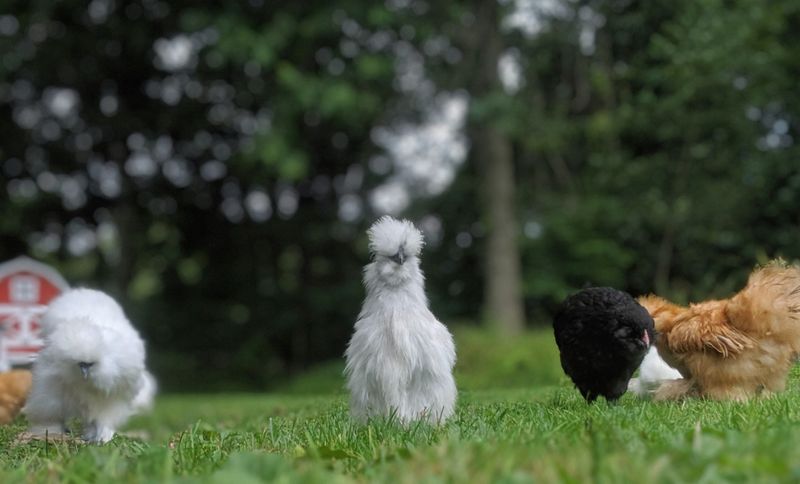
Spontaneous weekend getaways become logistical puzzles when chickens need daily care. Unlike cats, they can’t be left with an automatic feeder.
They require someone to collect eggs, refresh water, provide food, and lock them safely in the coop each night. Finding chicken-savvy pet sitters can be surprisingly difficult and expensive.
6. Veterinary Challenges
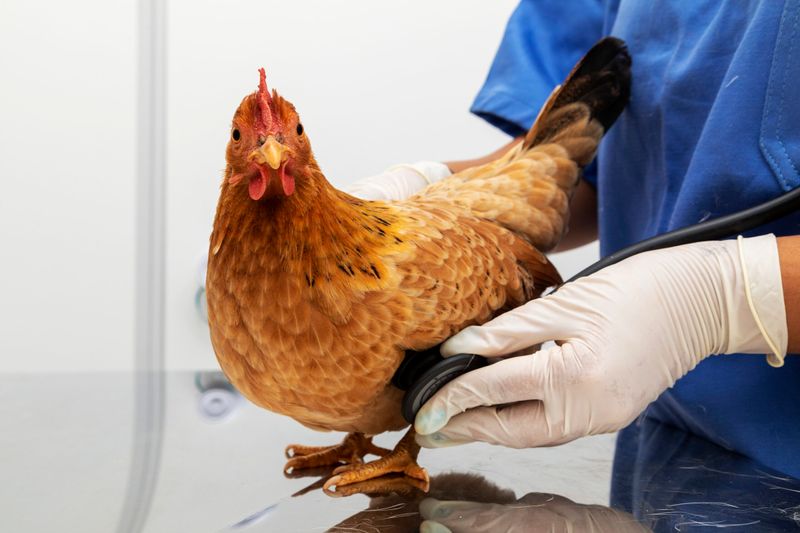
Got a sick chicken? Good luck finding affordable care! Many vets don’t treat poultry, and those who do often charge exotic pet rates.
Chicken keepers frequently need to become amateur veterinarians, learning to diagnose and treat common ailments themselves. When professional help is needed, prepare for sticker shock compared to the bird’s actual value.
7. Short Lifespan Heartbreak
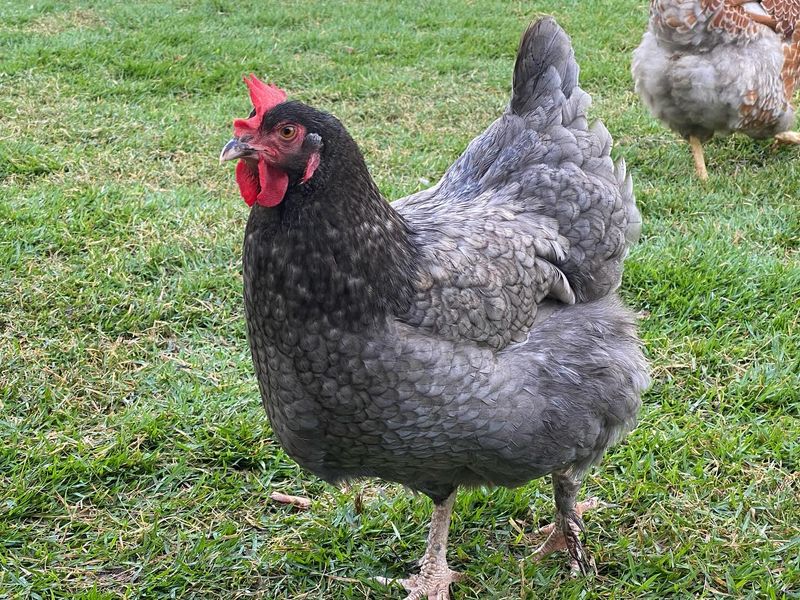
Unlike parrots that might outlive you, chickens typically live just 5-8 years. Production breeds often decline after just 2-3 years of laying.
This creates tough decisions about keeping non-productive birds. Children who become attached to their feathered friends face relatively frequent goodbyes compared to traditional pets.
8. Surprising Space Requirements

Those cute fluffy chicks grow into full-sized birds needing significant space. Healthy chickens require at least 4 square feet per bird inside the coop and 10+ square feet in an outdoor run.
Cramped conditions lead to stress, feather-pecking, and disease. Many urban homesteaders underestimate just how much real estate their flock will actually require.
9. Zoning Restrictions
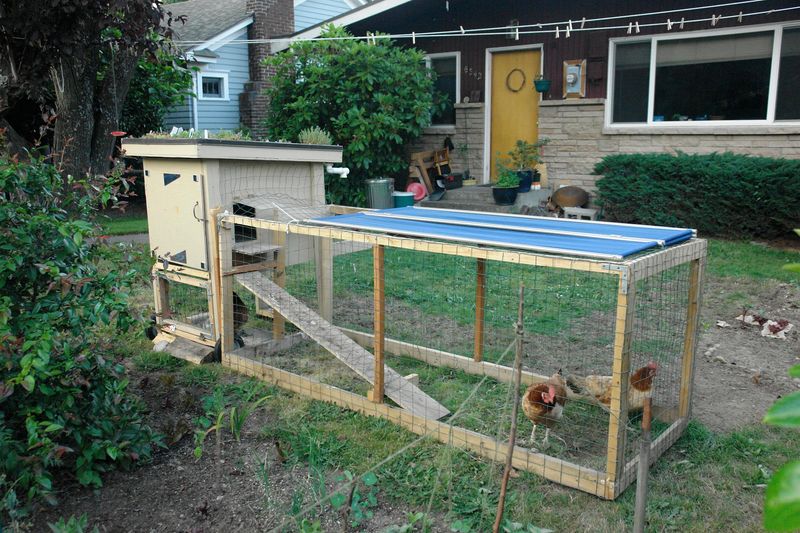
Dreaming of urban chickens? Check local laws first! Many municipalities limit flock sizes, ban roosters entirely, or require expensive permits.
Some neighborhoods have HOA restrictions prohibiting poultry completely. Breaking these rules can result in hefty fines or being forced to rehome your beloved birds after you’ve already bonded.
10. Unexpected Costs Add Up
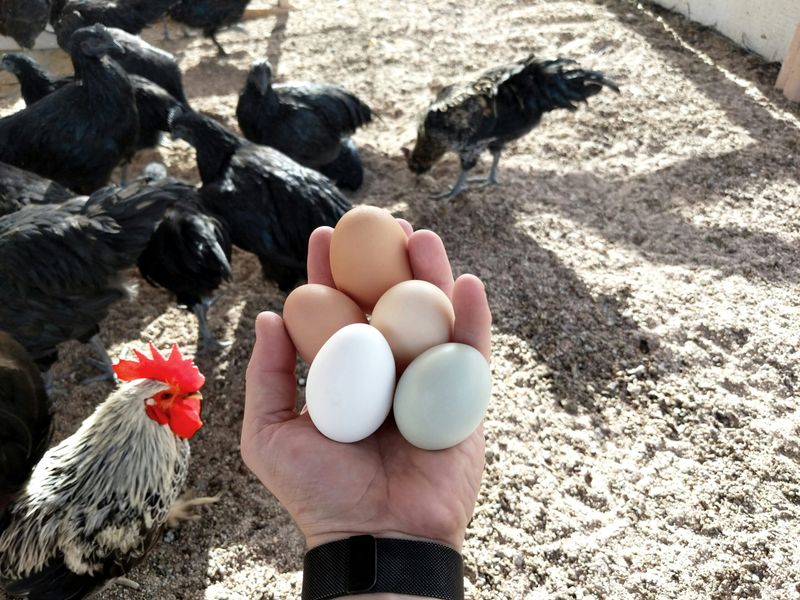
Starting costs for a basic setup easily reach $500-1000 for a quality coop, run, feeders, and initial birds. Ongoing expenses include feed, bedding, healthcare products, and coop maintenance.
Those “free” eggs quickly become the most expensive breakfast you’ve ever eaten when you calculate the true investment behind each one!
11. They’re Messy Houseguests
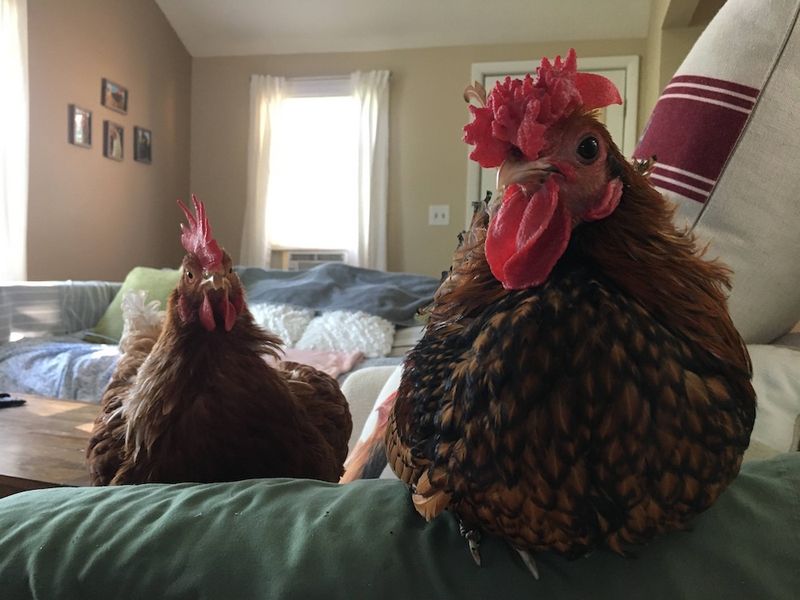
Some owners allow chickens inside occasionally. Spoiler alert: they poop approximately every 30 minutes with zero warning! Their droppings can’t be contained with diapers like some bird pets.
They also scratch and peck everything – furniture, carpet, houseplants – leaving a trail of destruction and feathers wherever they wander.
12. Social Flock Dynamics
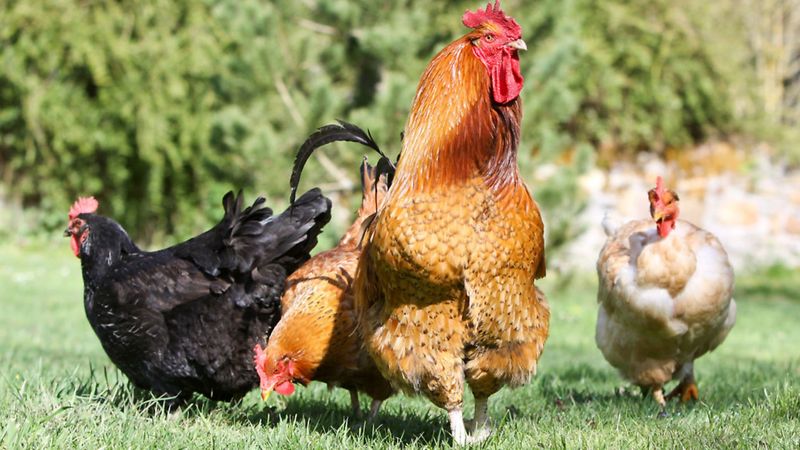
Chickens aren’t solo performers – they need friends! The minimum recommended flock size is three birds, but more is better for their social well-being.
This means you’re committing to multiple animals from the start. When one dies, you may need to introduce new birds, navigating the dramatic (sometimes violent) process of establishing new pecking orders.
13. Seasonal Egg Production

Many chicken keepers are shocked when egg production plummets during winter months or molting seasons. Those daily eggs become occasional treats as daylight hours decrease.
Some breeds stop laying completely for months at a time. Meanwhile, you’re still investing time and money caring for birds that aren’t producing the very thing that might have motivated your chicken adventure.
14. Unwanted Roosters Problem
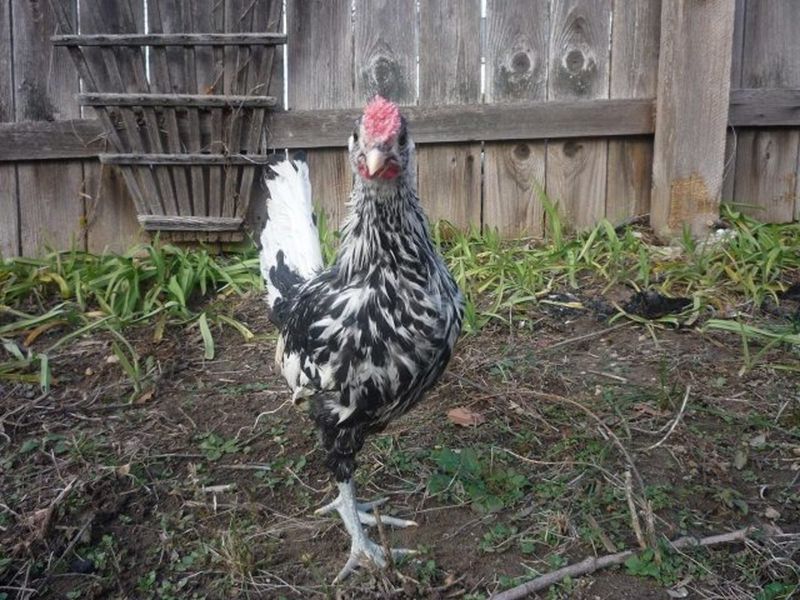
Ordered cute baby chicks? Approximately half will grow into roosters, which are often illegal in residential areas due to their loud crowing.
Finding homes for unwanted roosters is notoriously difficult. Many chicken owners face the uncomfortable reality of needing to rehome or process birds they’ve raised from fluffy chicks.
15. Limited Affection Factor
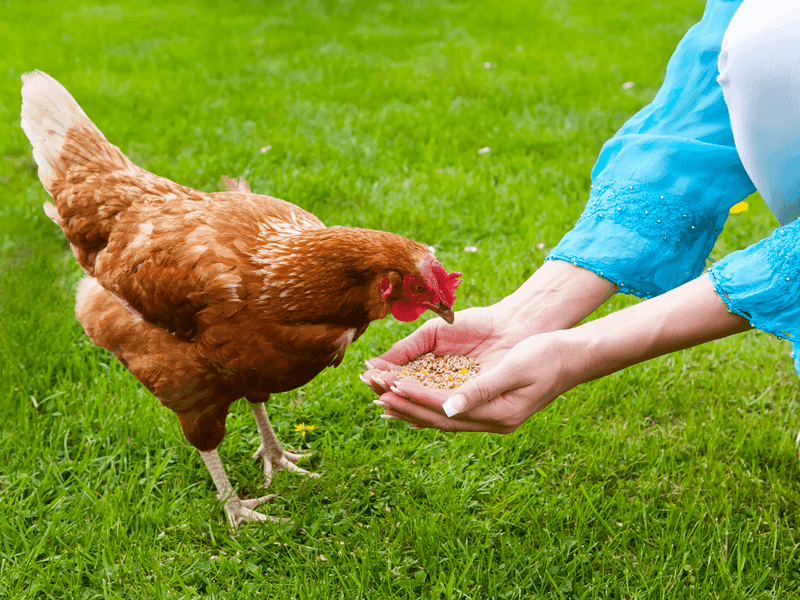
Unlike dogs that greet you enthusiastically, most chickens tolerate human interaction rather than seek it out. They’re food-motivated creatures who quickly lose interest when treats disappear.
While some breeds are friendlier than others, expecting cuddles from creatures with pea-sized brains often leads to disappointment. Their dinosaur ancestry shows in their somewhat detached personalities!






